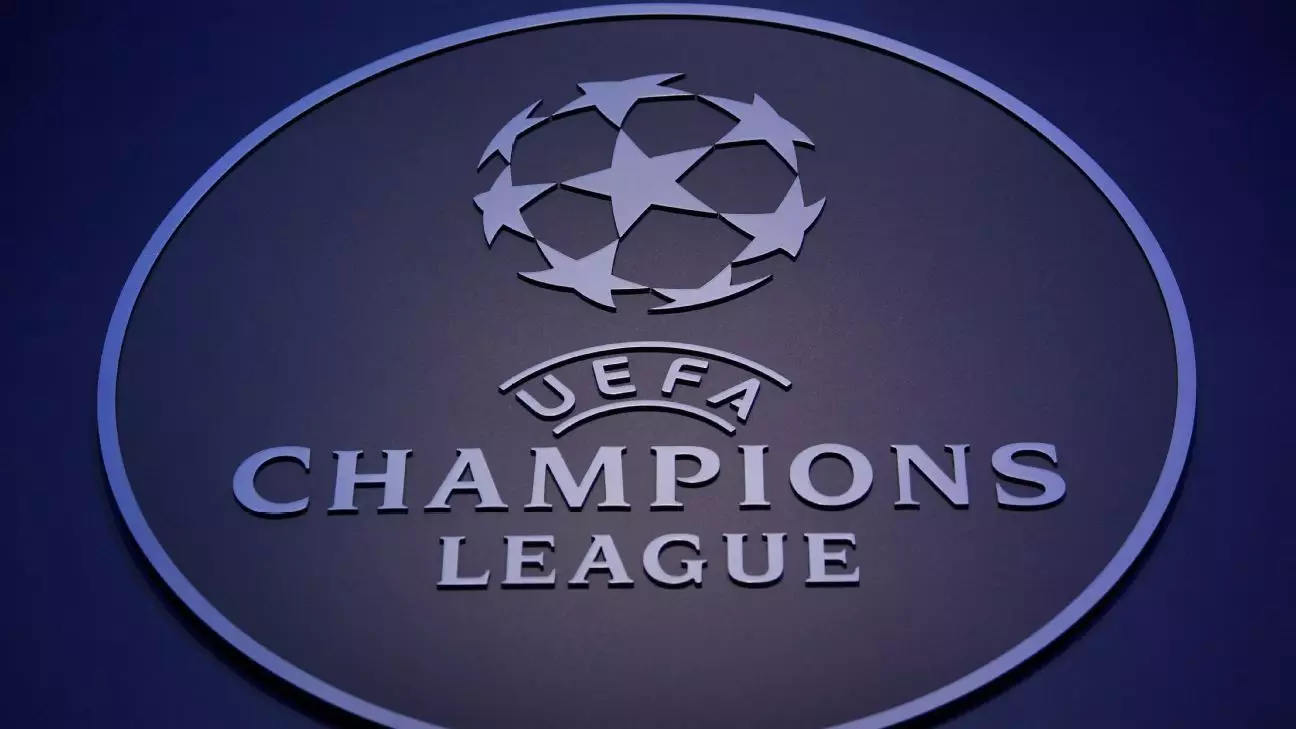The UEFA Champions League (UCL) stands as the pinnacle of club soccer in Europe, captivating fans with its prestigious history and competitive spirit. Established initially as the European Cup in 1955, the tournament has evolved significantly, adapting to modern football’s demands and expanding its format to include 36 qualifying teams from elite European leagues.
The structure of the Champions League is designed to reward the most consistent teams over the course of a season. The competition kicks off with multiple qualifying rounds leading to a group stage, featuring matches that typically run from September through January. Each of the 36 participating teams plays eight matches against different opponents, fostering fierce competition and showcasing tactical prowess.
Crucially, the top eight clubs from the group stage advance directly to the knockout rounds, ensuring that only the highest performing teams continue in the hunt for glory. Teams ranked ninth through 24th engage in a knockout playoff, which offers a dynamic edge to the competition, as those on the cusp of advancement fight tooth and nail to stay in contention. Unfortunately, the bottom 12 teams face elimination, heightening the stakes and intensity of each match.
Real Madrid, often dubbed the ‘Kings of Europe’, holds the record for the most Champions League titles, with an astonishing 15 victories. Their dominance especially during the initial decades of the tournament is notable, having clinched the first five consecutive titles from 1956 to 1960. This record establishes a legacy that few clubs can hope to rival.
Following Real Madrid are AC Milan with seven titles, and both Liverpool and Bayern Munich at six each. The list of Champions League winners tells a story of footballing excellence, featuring legendary clubs such as FC Barcelona, Ajax, and Manchester United, all of which have carved out their own chapters in this storied competition.
In recent years, the Champions League has seen a shift in competitiveness, with clubs like Manchester City and Chelsea emerging as dominant forces. City clinched their first title in the 2022-2023 season, demonstrating their relentless pursuit of European supremacy. Meanwhile, clubs with rich historical backgrounds like Liverpool and Bayern Munich continue to make their mark, reminding fans of the unpredictable nature of knockout football.
The champions for both the 2023-2024 and 2021-2022 seasons again showcased Real Madrid’s enduring brilliance, solidifying their status as a powerhouse in this arena. This consistency underscores a trend where established legends maintain their influence, even as emerging talents rise to prominence.
Behind every successful campaign lies the strategic genius of the managers. Carlo Ancelotti, with an unparalleled five titles, exemplifies the blend of experience and tactical acumen required to succeed in such a high-stakes environment. His victories with AC Milan and Real Madrid highlight the importance of managerial philosophy in guiding teams through the pressures of elite competition.
Other notable managers, including Pep Guardiola, Bob Paisley, and Zinedine Zidane, have also made significant impacts, each achieving three titles. Their varied approaches to gameplay reflect the strategic diversity present in the tournament and the ever-evolving nature of top-level football management.
As the Champions League continues to adapt to the changing landscape of European football, discussions surrounding reforms, enhancements, and the introduction of new technologies are prevalent. Such changes aim to improve the overall spectator experience and maintain high levels of competitiveness among clubs. With increasing financial investments and a growing pool of talent across Europe, the future of the Champions League promises to be as thrilling and unpredictable as its illustrious past.
The UEFA Champions League is not just a tournament; it is a celebration of football heritage, raw talent, and unyielding competition. As clubs vie for excellence both on and off the pitch, fans can expect stunning displays of skill, moments of sheer drama, and the emergence of new legends ready to forge their own pathways in the history of European football. The pursuit of the Champions League title remains a coveted dream for many—one that brings together the finest teams in pursuit of ultimate glory.

